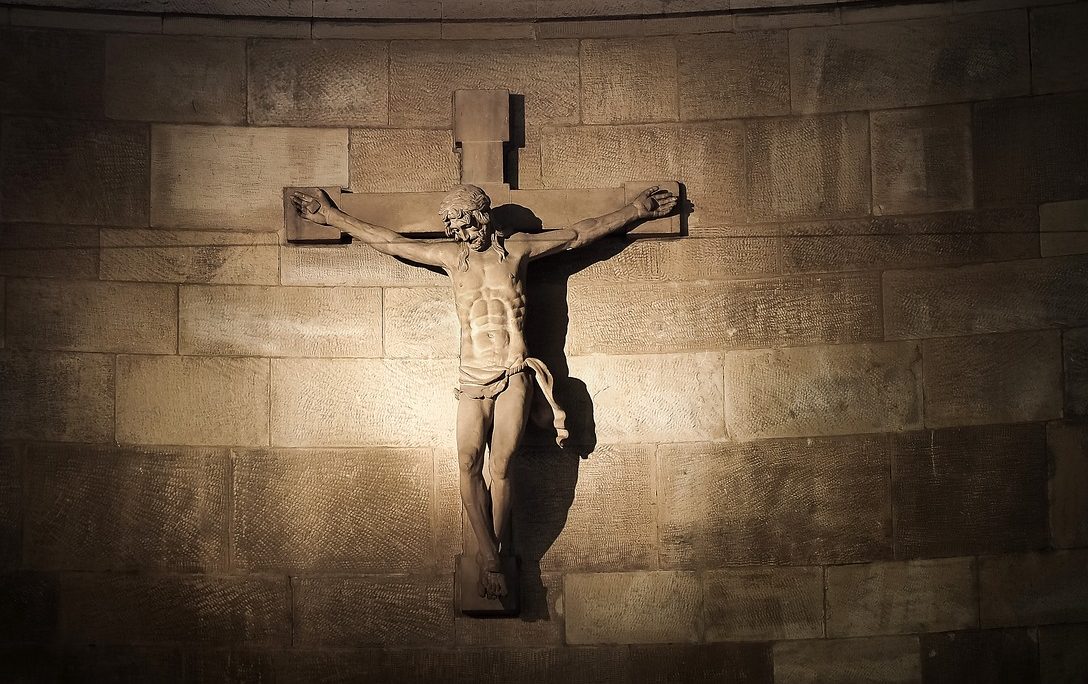
Péter Szijjártó blames the international community for not acting on behalf of Christians "because of some misguided political correctness."Continue reading

Hungary’s peace mission must be further strengthened, because while the chances of ending the war in Ukraine have never been better in the wake of the U.S. presidential election, the risk of escalation is at its highest, Minister of Foreign Affairs and Trade Péter Szijjártó said in Valletta, Malta.
The politician noted at the ministerial meeting of the Organization for Security and Co-operation in Europe (OSCE), that humanity is living in an era of dangers, and the continent has faced several serious crises in recent years, such as mass illegal immigration, the COVID pandemic, and the war in Ukraine.
Of the war, he explained that Hungary, as a neighboring country, is directly confronted with the negative effects of the armed conflict, yet it has carried out its largest humanitarian operation ever, allowing in 1.4 million refugees from Ukraine. “We have been living in the neighborhood of this war for over 1,000 days. And we have taken the same position for these 1,000 days,” he underlined.
“Time has shown that there is no solution on the battlefield. Arms transfers have not brought us closer to peace, but they have certainly caused more casualties. I therefore believe that the strategies followed so far have failed and that we need a new strategy, a strategy of peace,” the minister stressed.
Instead of pushing for a lowering of the conscription age, we should be working on establishing a ceasefire and starting peace negotiations,”
he continued. Péter Szijjártó emphasized that this is why the Hungarian government launched a peace mission this summer, which now needs to be further strengthened, as a kind of double situation has arisen, because on the one hand, there has never been such a good chance for a quick end to the war in Ukraine following the U.S. presidential election, but on the other hand, the threat of escalation is higher than ever.
“We in the neighborhood are very hopeful that nothing irreversible will happen by January 20 (inauguration of Donald Trump as the 47th president of the United States),” he said. “Therefore, we will continue to contribute to keeping the channels of communication and diplomacy open, and in this respect we see the OSCE as a very important platform, basically the last platform in the region that provides the possibility for a civilized East-West dialogue,” the politician pointed out.
Finally, the minister noted that a number of recent events have demonstrated that religious discrimination in the world has significantly increased. “Modern-day anti-Semitism is present in Western Europe. Christians are being persecuted in Syria, the Middle East and several African countries. Islamophobia is emerging in many parts of the world,” he listed.
Mr. Szijjártó recalled the Basel Declaration on Enhancing Efforts to Combat Anti-Semitism adopted ten years ago, and that a similar document was intended to be adopted to protect other religions, but has not been adopted since.
Therefore, I now call for a joint declaration to be adopted at this meeting to combat discrimination against Christians, Muslim communities, and other religions,”
he concluded.
Via MTI; Featured image via Pixabay